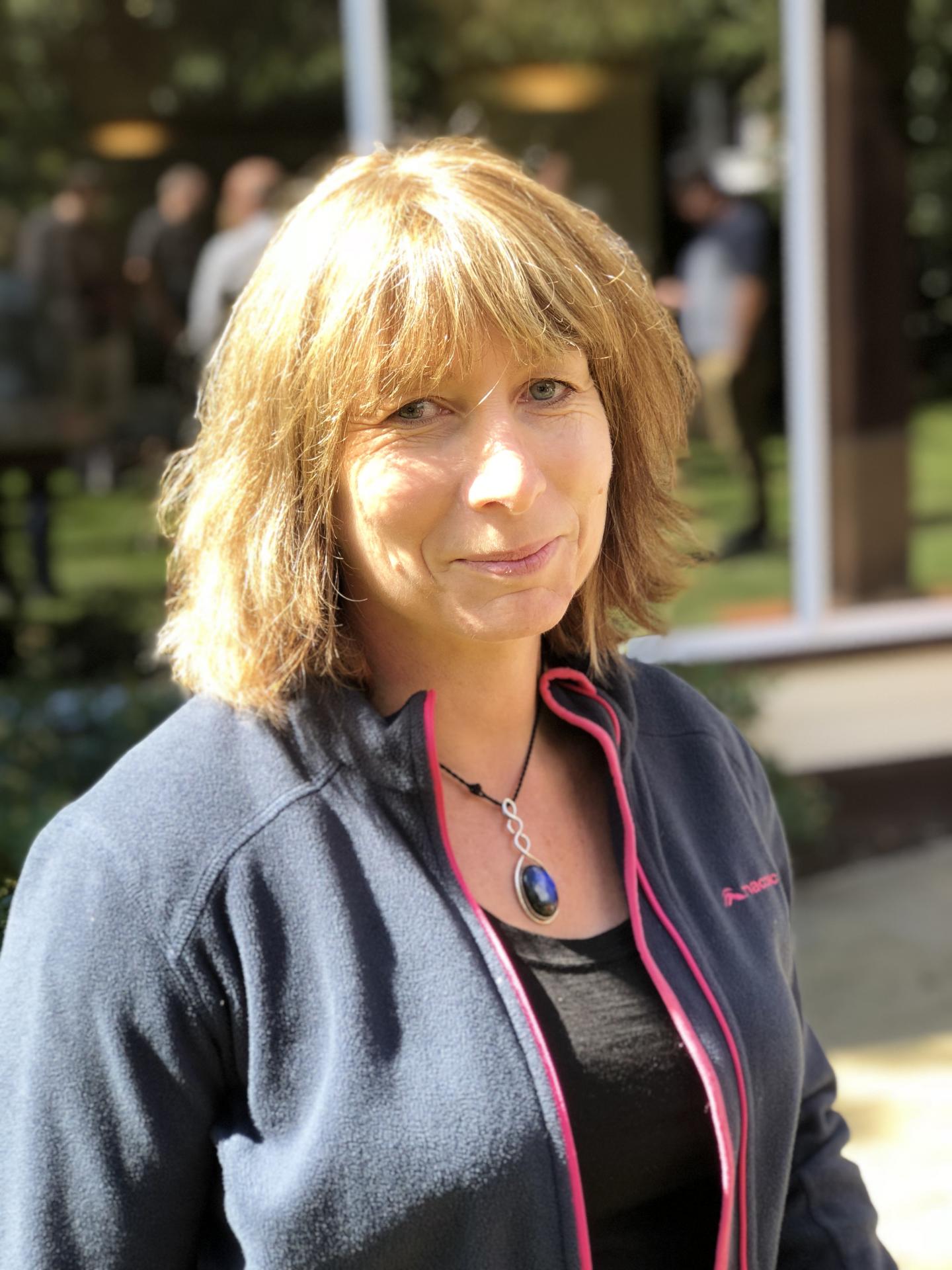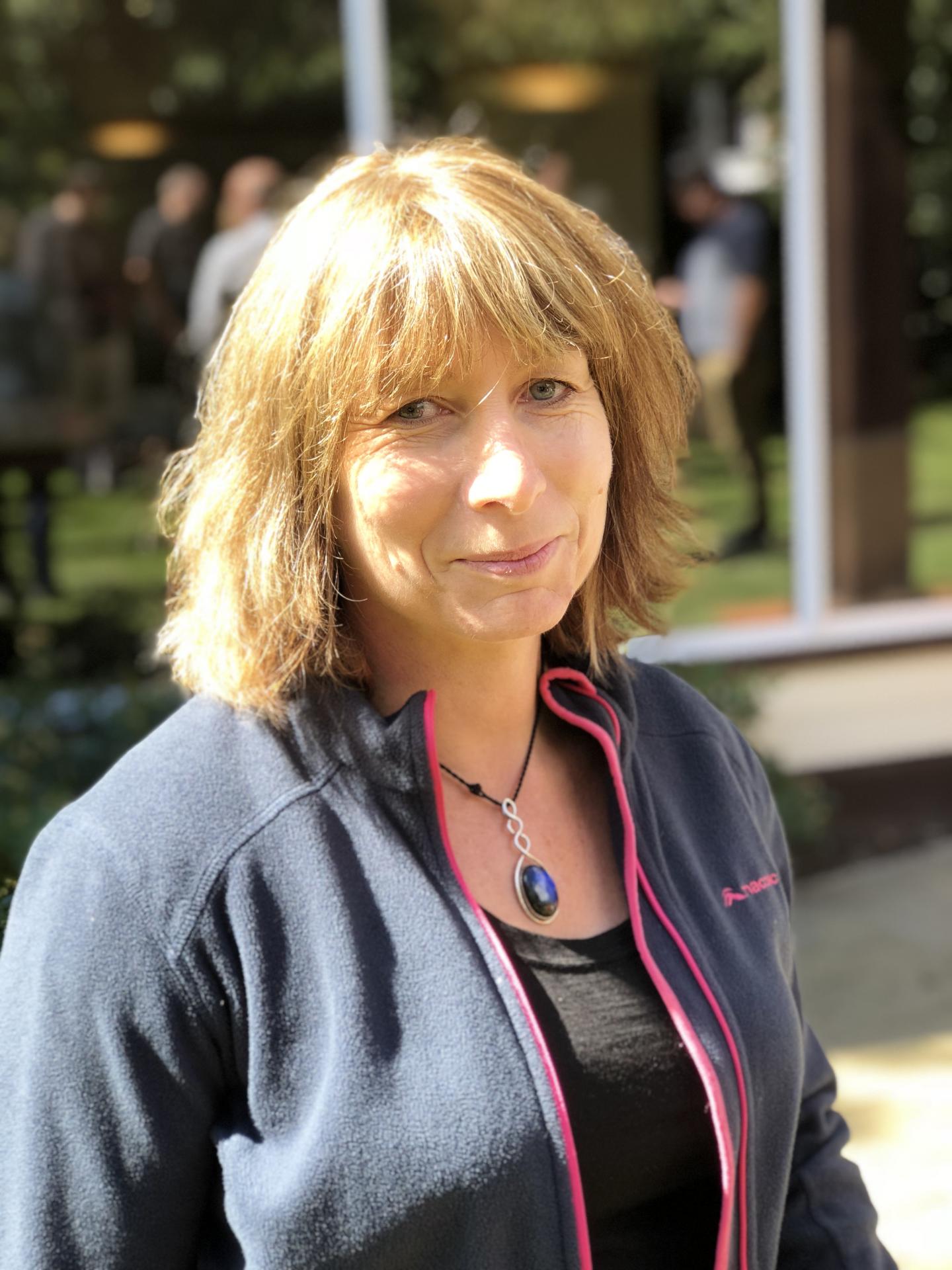
Credit: University of Otago
University of Otago researchers have helped characterise a genetic variant that enables new understanding of why some people are at risk of gout, a painful and debilitating arthritic disease.
Gout is caused by persistently elevated levels of urate in the blood, which causes severe joint pain and swelling, especially in peoples' toes, knees, elbows, wrists and fingers. It can be treated using drugs that lower urate levels. But if left untreated, it can cause serious damage to joints, kidneys and quality of life.
PhD student Sarada Ketharnathan together with Associate Professor Julia Horsfield from the Department of Pathology and Professor Tony Merriman from the Department of Biochemistry have recently characterised the genetic variant that lies not inside, but just next to a gene called PDZK1.
This PDZK1 protein product helps excrete urate through the kidney and gut. In this way, PDZK1 controls the amount of serum urate which, when high, form crystals that cause gout.
"We found that the genetic variant doesn't affect the PDZK1 protein, but causes change in the amount of the PDZK1 gene produced," Associate Professor Horsfield explains.
"Unexpectedly, the effect of the genetic variant in humans is in the gut as well as the kidney. We confirmed this by studying where the variant switches on gene expression in zebrafish embryos, which are ideal because their embryos are transparent," she says.
"Our results have identified a new molecular pathway for gout, enabling new understanding of why there is gout risk in patients with this particular genetic variant."
The research, which also involved researchers from the University of Auckland, was recently published in the journal Human Molecular Genetics. It was funded by the Health Research Council of New Zealand.
Associate Professor Horsfield explains there are dozens of regions in the human genome with signals that increase serum urate levels and risk of gout, and kidney function. The new scientific challenge is converting these signals into functional insights. This information is critical to allow new medical intervention in gout and kidney disease.
"Since many of the regions lie outside of genes, it is not known how they could control urate levels and risk of gout or kidney disease. These associated regions probably represent regulatory elements that control gene expression," she says.
Understanding how genetic variation contributes to someone's risk of gout or kidney disease can, going forward, inform choice of treatment for that person.
"This kind of scientific understanding of disease risk is bringing us into a new age of 'precision medicine'."
###
For further information, please contact:
Associate Professor Julia Horsfield
Department of Pathology
Tel 03 479 7436
Mob 021 106 5099
Email [email protected]
Professor Tony Merriman
Department of Biochemistry
Tel 03 479 7846
Mob 027 847 2878
Email [email protected]
Liane Topham-Kindley
Senior Communications Adviser
Tel 03 479 9065
Mob 021 279 9065
Email [email protected]
Media Contact
Liane Topham-Kindley
64-212-799-065
@otago
http://www.otago.ac.nz
Original Source
https://www.otago.ac.nz/news/news/otago695178.html http://dx.doi.org/10.1093/hmg/ddy295





